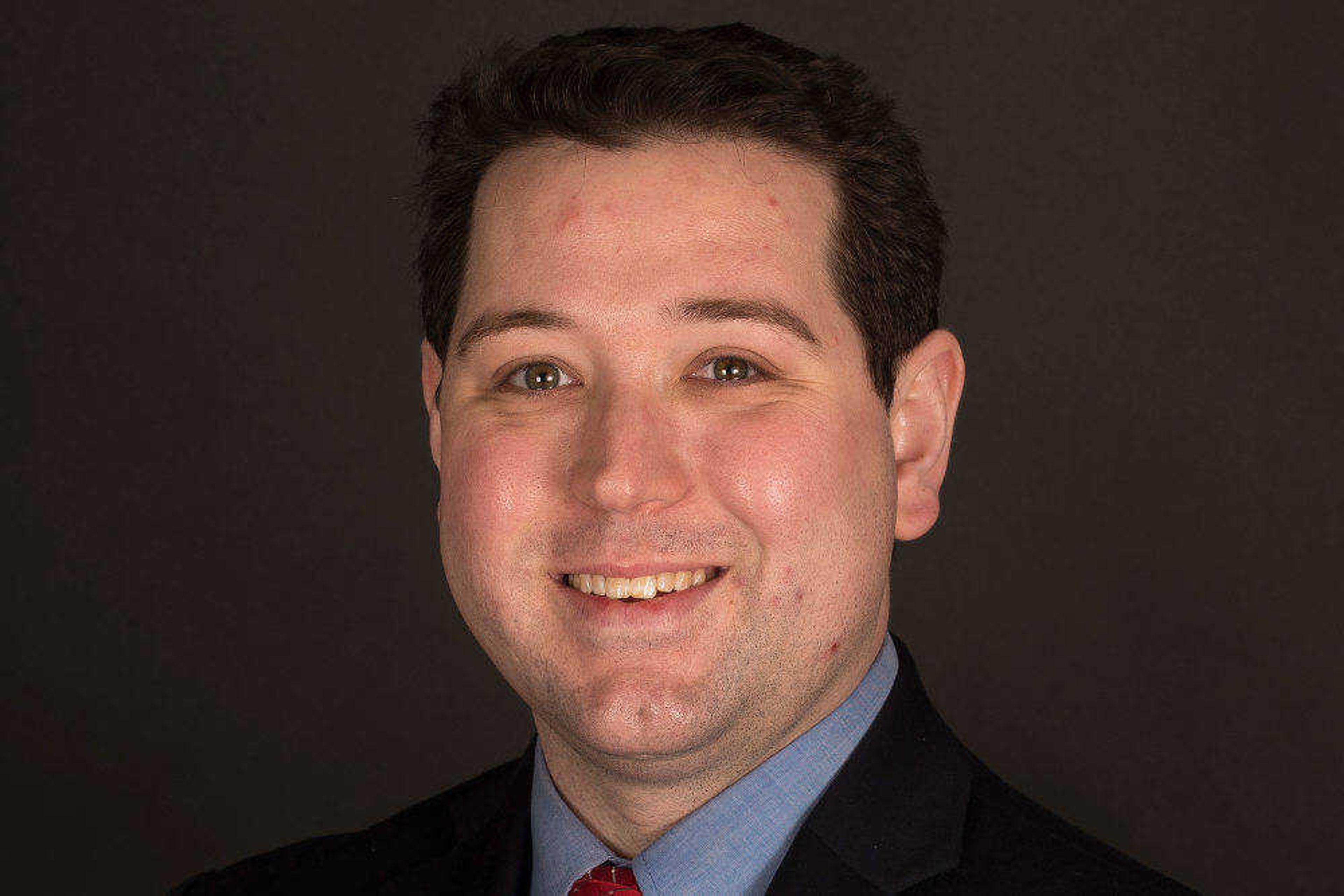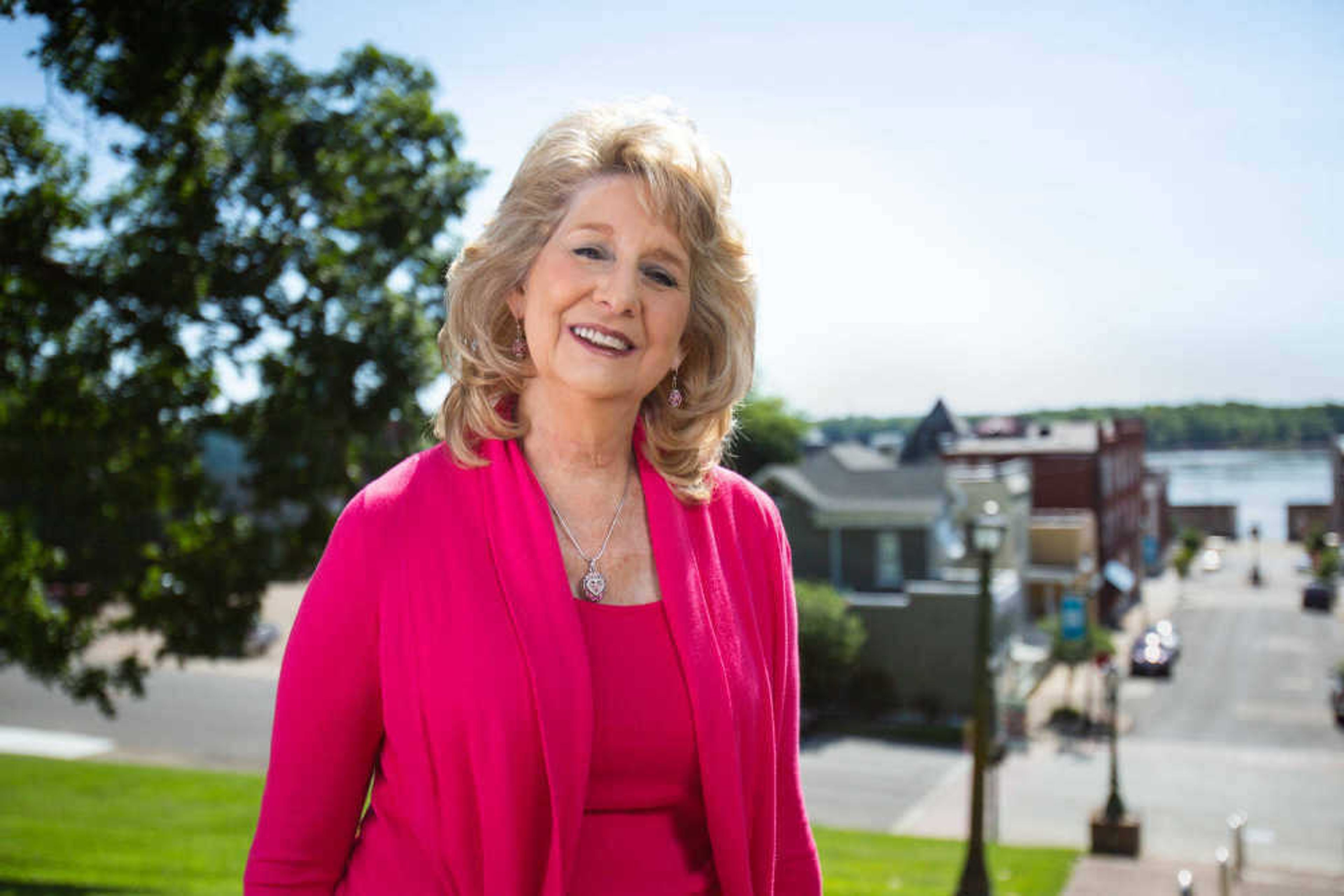Swan reflects on her eight years in the General Assembly
On Wednesday, Missouri lawmakers will be sworn in for the new legislative session. It will be the first time in eight years Kathy Swan will not take the oath of office in Jefferson City. The Cape Girardeau Republican was term-limited in 2020 after serving eight years in the State House. She lost her bid for State Senate in the August primary to Holly Rehder (R-Scott City). It was one of the more competitive races in the state with Swan losing by 139 votes...
On Wednesday, Missouri lawmakers will be sworn in for the new legislative session. It will be the first time in eight years Kathy Swan will not take the oath of office in Jefferson City.
The Cape Girardeau Republican was term-limited in 2020 after serving eight years in the State House. She lost her bid for State Senate in the August primary to Holly Rehder (R-Scott City). It was one of the more competitive races in the state with Swan losing by 139 votes.
Swan has a unique background. She's a trained nurse, pro-life advocate and small business owner. Prior to her time as a state representative, she served on the Missouri Coordinating Board for Higher Education. She continues to be involved in education efforts as a member of a steering committee advocating for a new community college in Cape Girardeau.
I recently spoke with Swan about her legislative tenure and some of her key accomplishments. She pointed to more than 30 pieces of legislation that she "championed and passed" involving access to health care, protecting children, regulating abortion clinics and affecting schoolchildren.
One of the first items mentioned was a 2016 bill requiring Missouri students to be screened for dyslexia, a neurological disorder affecting 20% of the population.
"If you can't read, then you can't learn," Swan told me.
"Now we are screening students, and if they appear to have dyslexia traits, then parents are notified and go from there. It can be anything from moving the child closer to the board or working more individually with the child to actual treatment."
Missouri now requires students to pass a civics exam to graduate from high school. The test, Swan said, is similar to the citizenship test required for those who pursue naturalization.
"Obviously all of our students should have at least a comparable knowledge of civics in our country in order to appreciate what we have and appreciate our government and appreciate the freedoms that we have," she said.
Another piece of legislation allows students to pursue a career technology certificate while still in high school.
"That tells either an employer that student is ready to go to work in a basic technical area, or it tells a technical school the student has completed some basic technical coursework," she said. "They've done well. They have a certificate, so therefore they would probably be successful in a technical program. And it helps admission to technical programs."
Swan said the Schoolchildren Benevolent Tax Credit was inspired by the Care to Learn chapter in Southeast Missouri. It allows a "zero" tax credit for contributions made to organizations that assist with health, hunger, and hygiene needs of schoolchildren.
Before joining the State House, Swan said her time on the Missouri Coordinating Board for Higher Education helped her understand some of the education challenges in the state.
"One of the biggest things was realizing that not one size fits all in education, in K-12 or in higher ed -- particularly in higher ed because it will depend on the geographic area where someone lives, what businesses are there, what their workforce development needs are."
She said Missouri has put up barriers by statute and policy at the Department of Higher Education that should be addressed.
"We have a steering committee to potentially pursue a community college here (in Cape Girardeau)," she said. "So that's one of the things that I was actively talking about in the last couple of years, even with the Governor's Office, in that we have unintentionally set up some barriers to keep from us being creative to try to figure out how to implement some technical and some training programs in the different areas of the state."
One of the challenges is the limitation on where students can access A+ money for higher education. Another is the restriction on institutions and what programs can be offered.
Swan played an important role in Gov. Mike Parson's Fast-Track Workforce Incentive Grant, legislation that tied workforce development to the state's education opportunities. Fast-Track allows nontraditional students ages 25 and older to access grant funding for tuition and fees if the student is pursuing a certificate, industry-recognized credential, or undergraduate degree in an area where there is a workforce shortage.
One of her big concerns going forward is how Missouri will pay for voter-approved Medicaid expansion. "Time will tell," she said.
"There are only a couple of discretionary areas where money can be cut. Higher education is one of them. I believe mental health is the other one. Statutorily we're required to fund K-12 education. But not higher ed, so that's one of the areas that we end up pulling money from to balance the budget. And we have to have a balanced budget; that is constitutional requirement."
While much of Swan's time was spent on education and health care issues, there's probably no issue she was more passionate about than the pro-life cause.
Swan championed the abortion clinic inspection legislation of 2017 that requires an annual inspection of the state's abortion clinic. She cited there had been multiple violations at the Planned Parenthood facility in St. Louis.
"There were single use medications that were being kept," she said. "Portions that were leftover and used on additional patients. There were rusty IV poles, rusty surgical tables, dusty equipment and other things that just don't make sense. Being a health care facility, they need to abide by the same rules as everyone else."
Separately, Swan pushed for the Pain Capable Unborn Child Protection Act in 2019. The bill prohibits an abortion at 18 weeks gestation, a recognized time in pregnancy where an unborn child can feel pain.
"It's certainly just the humane thing to not perform any abortions after that time," Swan said. "That particular bill had a heartbeat bill on it and had some other things on it as well. The one that has withstood legal challenges in the nation has been the pain capable piece of the bill."
Swan is unsure of her future political plans. Personally, I would like to see her name on the ballot again. In the meantime, Gov. Parson would be well served by keeping Swan involved with state government. She has tremendous experience in both the public and private sectors, and her public policy experience with education, health care and small business is a plus. Regardless of what happens, Swan's been a strong advocate for Cape Girardeau over the last eight years.
Lucas Presson is assistant publisher of the Southeast Missourian.
Connect with the Southeast Missourian Newsroom:
For corrections to this story or other insights for the editor, click here. To submit a letter to the editor, click here. To learn about the Southeast Missourian’s AI Policy, click here.










